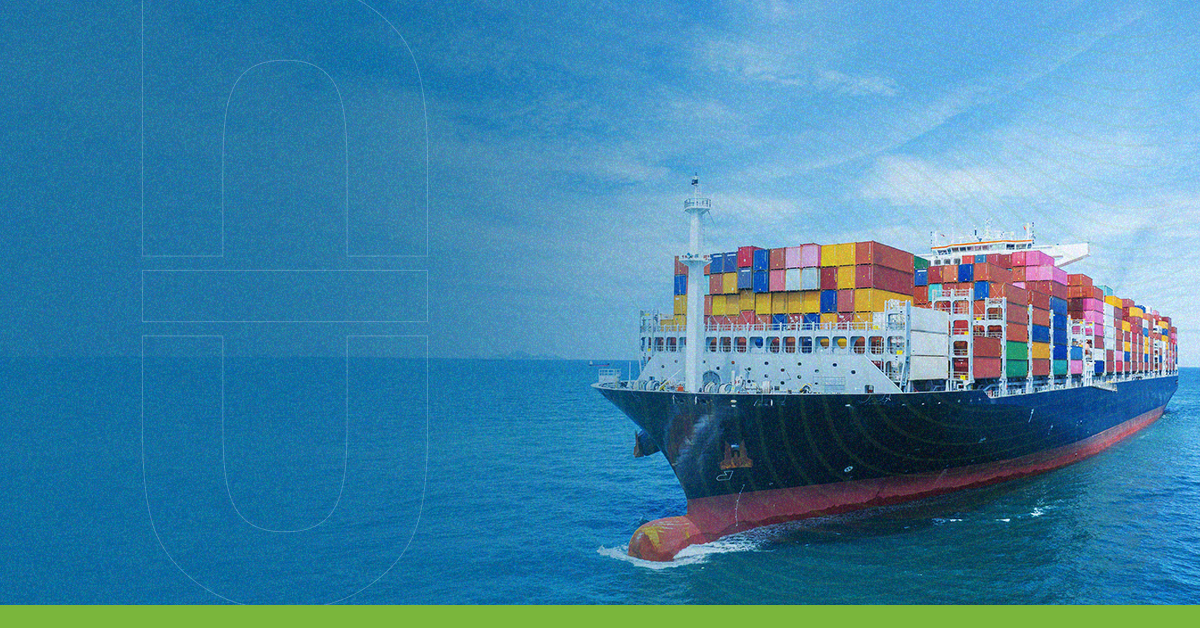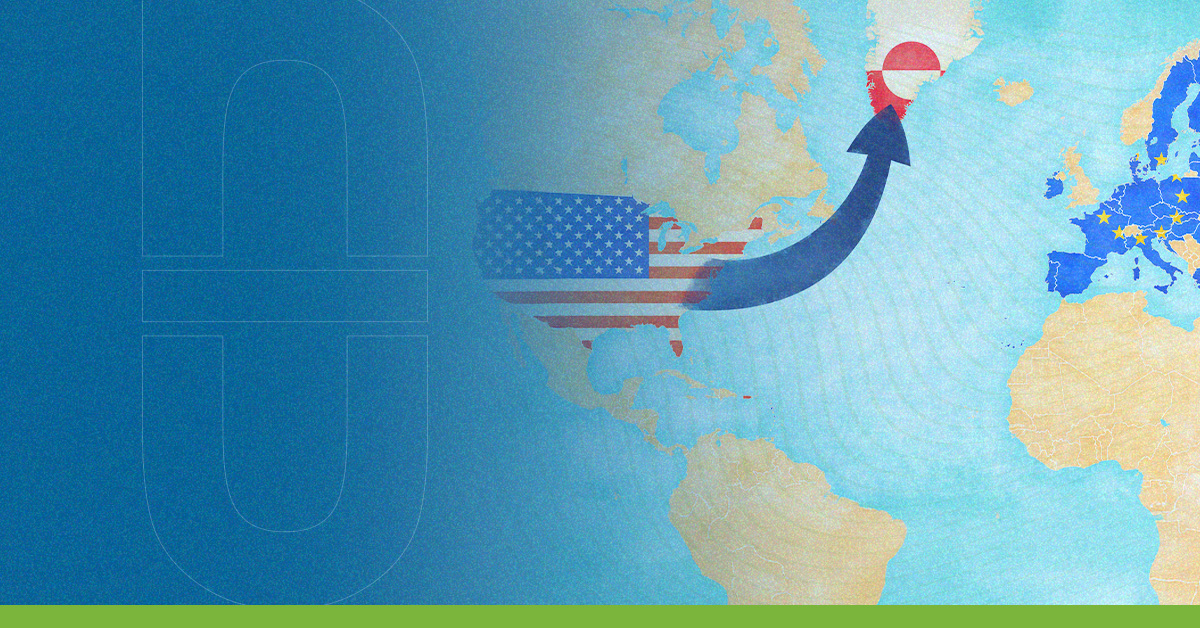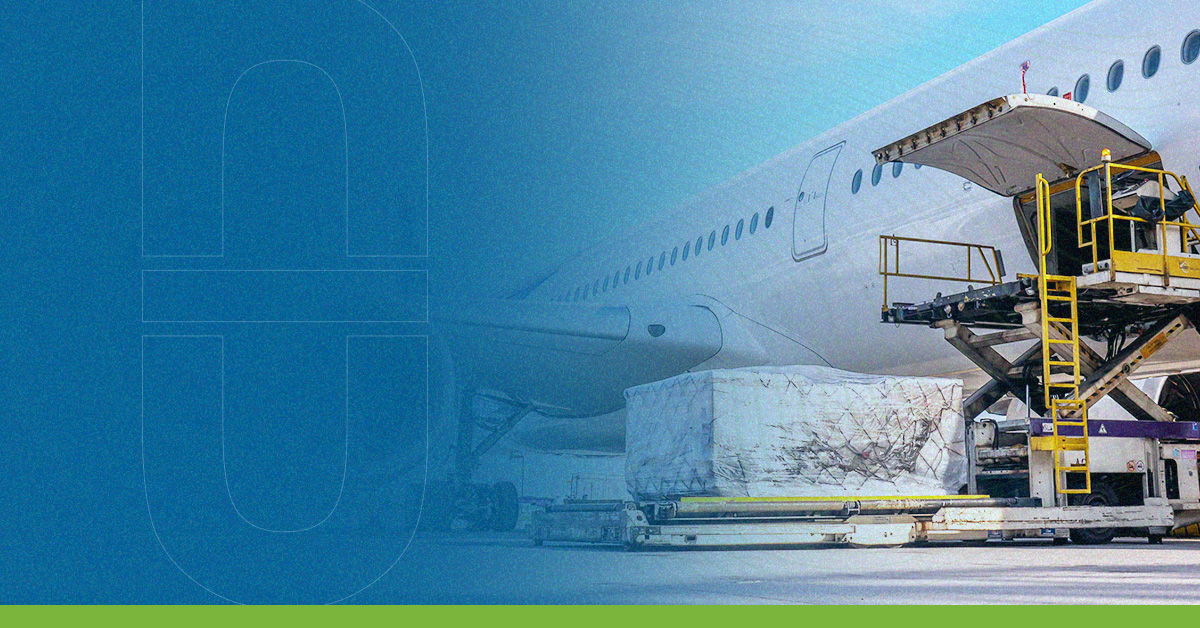The problems regarding navigation in the Red Sea continue to increase in what seems to be an endless security crisis, and the increase in maritime rates continues to be a major problem for shipping companies because ships must now opt for strategic routes to avoid unfortunate situations such as those that occurred at the beginning of the year.
This, consequently, increases the travel time on cargo ships, in addition to increasing emissions of polluting gasses into the atmosphere, such as the well-known CO2. The conflict that is currently originating in the Middle East has the logistics industry on its head while trying to find a solution in the diplomatic field, since as time runs, the greater the additional economic expenses and the risk assumed by human personnel when sailing near these waters.
Facts about strategic navigation after conflict in the Red Sea
Beyond the extended navigation times as a result of the crisis generated in the Red Sea, other relevant data or consequences have been formed in recent months, these being the following:
- Undoubtedly, ports located in the Red Sea have been the hardest hit by this unprecedented crisis, leaving companies with no choice but to halt their operations or at best face higher costs when changing their routes.
- Other ports, such as Duba, have seen a slight increase in demand for shipments, but there has been a negative impact on others such as Rabigh, Al Aqabah, and Jeddah.
- The situation has become unpredictable when it comes to economic results for shipping companies, as some ports such as King Fahd Port, Rabigh and Al Aqabah have seen a noticeable drop in operations, while other ports, such as Djibouti and Jeddah, continue to report profits now.
- After the start of the crisis in the Red Sea, the use of the Cape of Good Hope route skyrocketed by 100% due to the strategies that companies have had to implement for the safety of their crew members.
The strengthening of the legal and commercial aspects regarding navigation is a way of alleviating the consequences that the Red Sea crisis represents for the logistics industry. To do this, greater intervention is required by the different governments with the idea of implementing measures adaptable to the current scenario while a definitive solution to this problem is sought.
Despite everything that has happened, the logistics sector continues to look for ways to stay afloat even though it must face higher costs than those seen prior to the origin of this crisis. Therefore, it never hurts to take out cargo insurance that simplifies your procedures by providing security not only to your cargoes, but also safeguarding the reputation of your business against customers who have opted for your services from the beginning.
Sources:
Crisis en el Mar Rojo: Mayores tiempos de navegación, más emisiones. South Pacific Logistics




